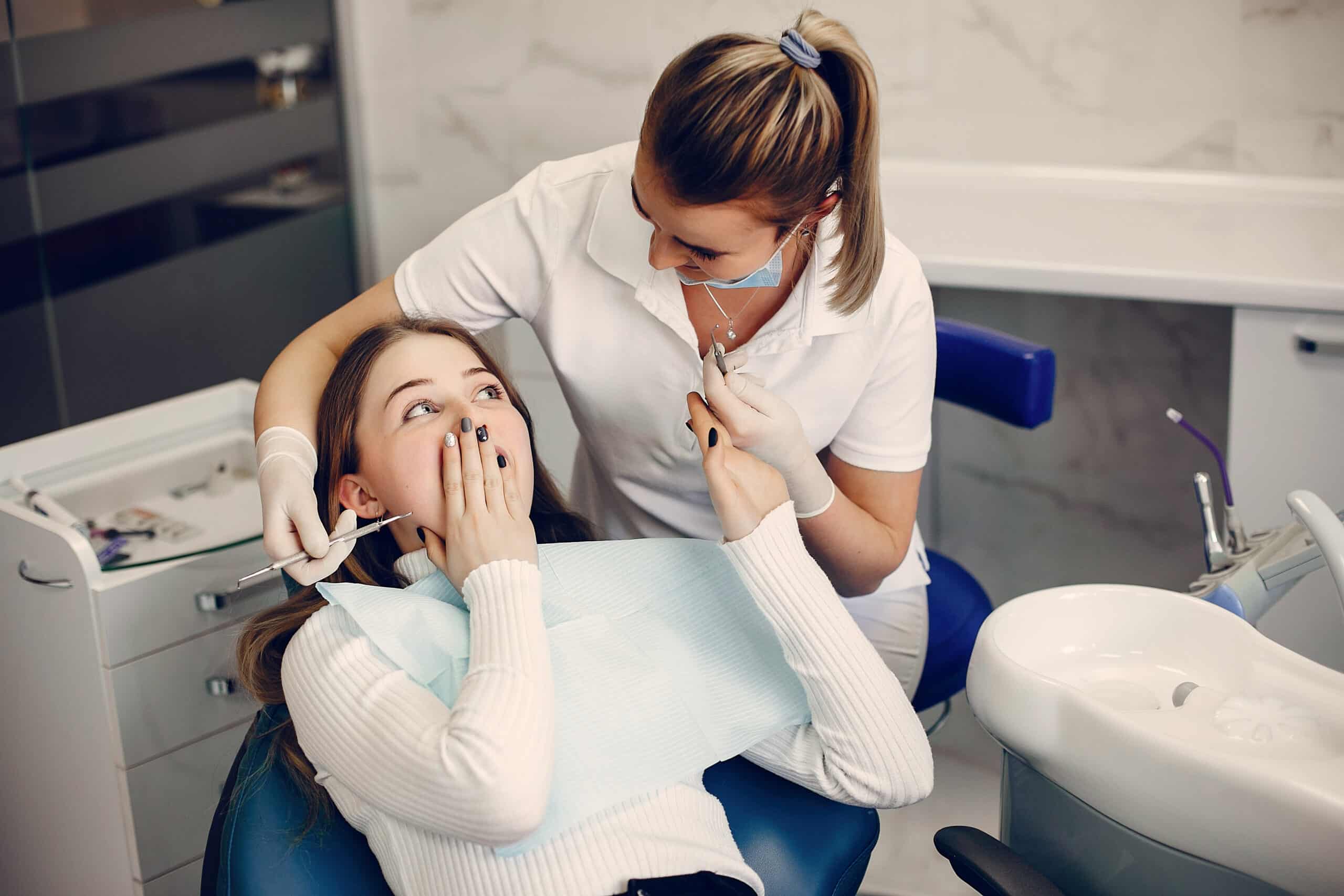When to Seek Emergency Dental Care: Signs You Shouldn’t Ignore
By :
Affordable Dentist | August 28, 2023
Your smile is a powerful asset, and your dental health is essential for your well-being and confidence. While regular dental check-ups play a vital role in maintaining oral hygiene, there are moments when unexpected dental emergencies arise, demanding immediate attention. Ignoring these signs can escalate minor discomfort into significant complications. In this article, we'll delve into the crucial signs that should never be ignored – signals that indicate it's time to seek emergency dental care. Awareness of these signs can empower you to take swift action, ensuring your smile remains bright and pain-free.
Severe Toothache
A sudden and intense toothache is a clear signal that something is wrong. Toothaches can be caused by various factors, such as cavities, infections, or even a cracked tooth. If the pain is persistent and severe, it's time to contact an emergency dentist. Over-the-counter pain relievers might provide temporary relief but won't address the underlying issue.
Swelling and Pain
Facial swelling, accompanied by pain, can indicate an infection in the mouth. This could be due to an abscessed tooth or gum infection. Infections can spread rapidly and lead to serious complications if not treated promptly. If you notice swelling, especially if it's affecting your ability to swallow or breathe, seek emergency dental care immediately.
Broken or Knocked-Out Tooth
Accidents happen, and a broken or knocked-out tooth requires immediate attention. If a tooth is fractured or completely knocked out, it can be saved quickly. Rinse the tooth gently, avoiding the root, and try to place it back into the socket. If that's impossible, keep the tooth moist by placing it in milk while you head to the emergency dentist.
Uncontrolled Bleeding
Bleeding from the mouth that doesn't seem to stop after applying pressure could be a sign of trauma or injury. It's essential to determine the source of the bleeding. Gently clean the area and apply a clean cloth or gauze, but if the bleeding continues, it's time to seek immediate dental care.
Lost Dental Filling or Crown
Losing a filling or crown might not seem like an emergency, but it can expose the sensitive areas of your tooth to bacteria and further damage. Keep the area clean, and avoid chewing on that side of your mouth. Contact your dentist promptly to prevent any complications.
Jaw Pain or Clicking
Persistent jaw pain or clicking sounds when you open and close your mouth might indicate a temporomandibular joint (TMJ) disorder. These issues can lead to discomfort and difficulties with eating and speaking. An emergency dentist can provide appropriate guidance and treatment options to alleviate the pain.
Looseness or Displacement of Teeth
If your teeth become loose or shift unexpectedly, it could indicate advanced gum disease, trauma, or other underlying issues. Prompt intervention is necessary to prevent teeth loss and preserve oral health.
Your oral health is more than just a set of teeth; it reflects your overall well-being. Recognizing the signs that necessitate emergency dental care can save you from unnecessary pain, discomfort, and potential long-term damage. Whether it's a sudden toothache, facial swelling, a broken tooth, or persistent bleeding, seeking immediate professional attention is the key to resolving the issue effectively. Don't ignore these warning signs; prioritize your dental health and preserve your radiant smile for years. Remember, a little prevention today can prevent a lot of intervention tomorrow.


